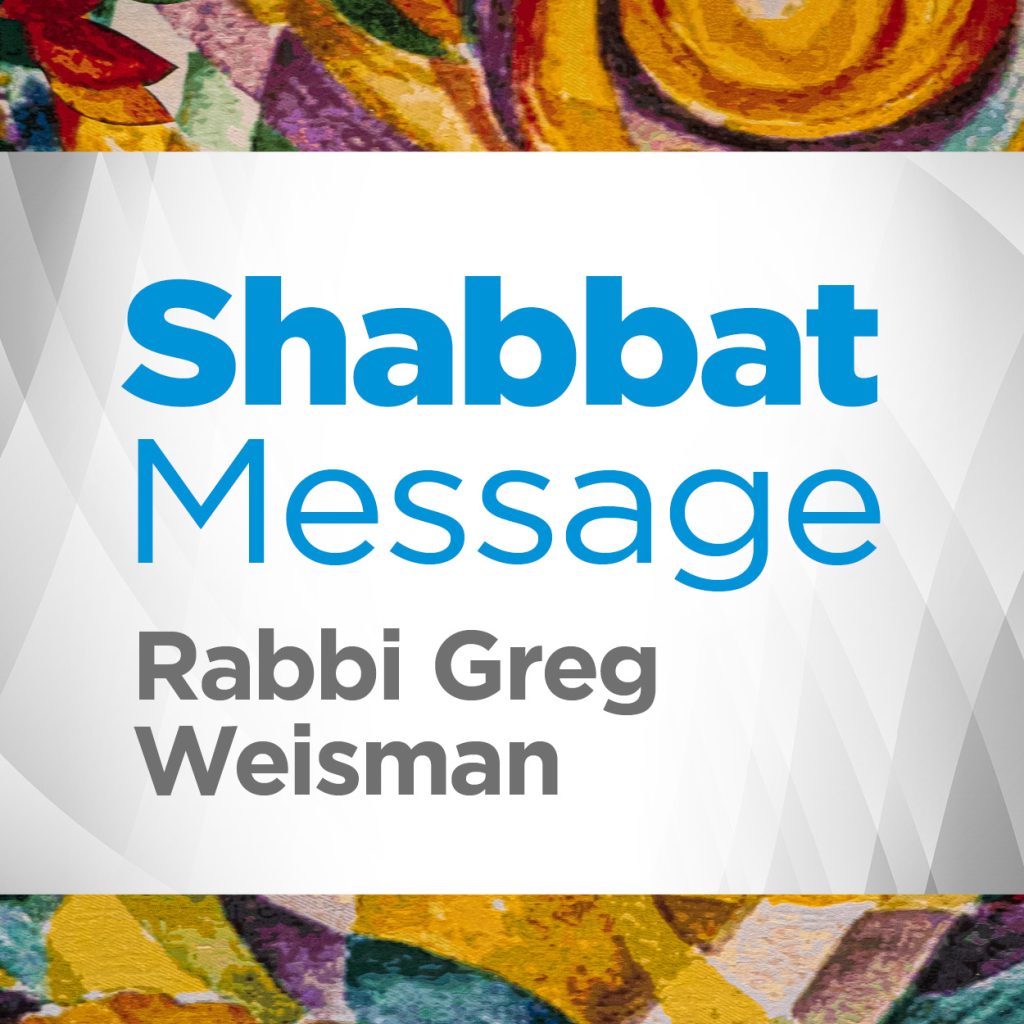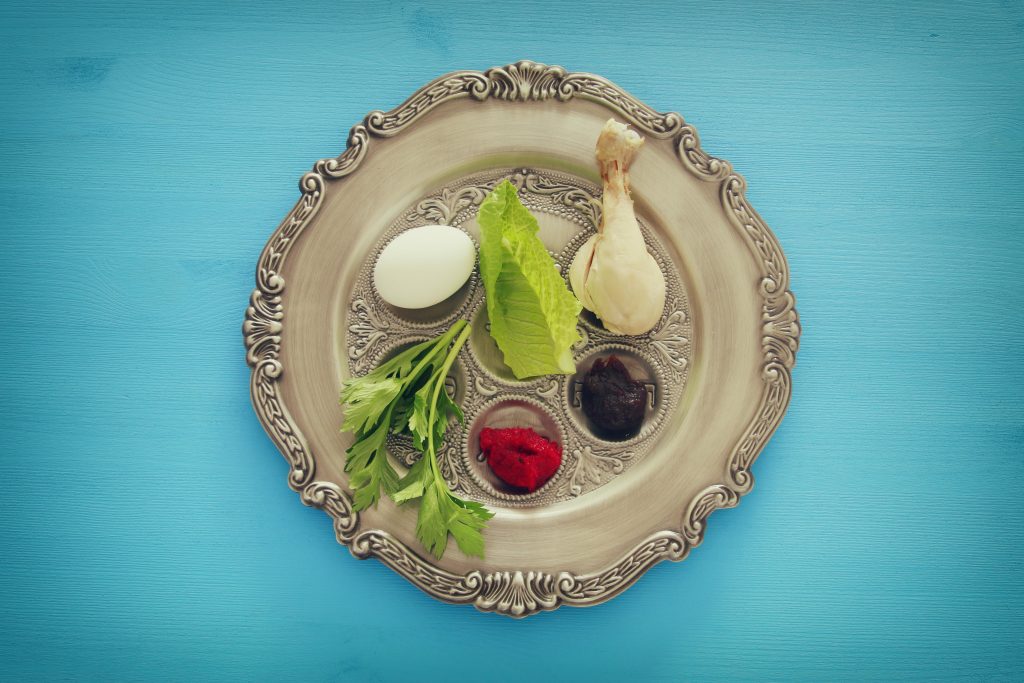As Shabbat approaches, we hold in our hearts and prayers the people of Ukraine. We pray that the Holy One endow the defenders of justice and freedom with chazak v’amatz, strength and courage, and protect the innocent and the peace-loving from harm.
What does it mean to contribute?
Every day we offer a bit of ourselves to others, be it our time, our energy, our wisdom, or perhaps our money. Whether at work, at home, with friends or relatives, or with strangers on the street, we constantly are given opportunities to do for or give to others that affect their lived experience.
But in this week’s Torah portion we learn that there is an additional element of doing for others that elevates the experience, not really for the recipient, but for the givers themselves.
“Take from among you gifts to the ETERNAL; everyone whose heart is so moved shall bring them—gifts for the ETERNAL:” gold, silver, and copper;” Exodus 35:5.
This is a repetition of a command given a few chapters earlier, when Moses first invites the Israelites to make offerings to contribute to the construction of the Mishkan, the Tabernacle, the mobile worship tent. And in both instances, God and Moses specify that the gifts are to come from “everyone whose heart is so moved,” a phrase that appears three times in this vignette, and nowhere else in Torah.
This collection on behalf of the community is 100% voluntary. In fact, the Hebrew text, “Kol N’div Libo,” “whose heart is so moved,” has the root N-D-V, which is the root for volunteering in modern Hebrew as well. We could understand this to mean “all whose hearts volunteered.” There was no expectation of participation, nor was this a tax, a required collection from all.
What is incredible is what happened next. The gifts came flowing in, gifts of gold, silver and copper, fine linens and threads, precious stones, skins, oils, all of the accoutrement necessary for the Tabernacle. They kept coming and coming, morning after morning, until “all the artisans who were engaged in the tasks of the sanctuary came, from the task upon which each one was engaged, and said to Moses, “The people are bringing more than is needed for the tasks entailed in the work that the ETERNAL has commanded to be done” (Ex. 36:4-5). The rabbinic explanations in the Midrash suggest that when the text says they came “morning after morning” it means that the work was completed in just two days, two mornings’ worth of collections. It happened so quickly that some were distressed that they did not have the opportunity to bring their offerings and were cut off from the chance to contribute.
Fortunately for the Israelites, and for us as well, bringing of goods is not the only way to make a contribution. The Torah also tells us that after the goods are collected, artisans and skilled laborers, people who excelled in ability then made their contribution to the effort by turning those raw goods into the fine adornments and utensils for the Tabernacle. Those who had neither goods nor fine skills could contributed by supporting, gathering materials, schlepping items from here to there, fetching tools. The 19th Century scholar Rabbi Meir Leibush Weiser, known as the Malbim, wrote that “there were poor among the children of Israel who did not have anything at all to donate, but they give in spirit.” He meant that if they had more they would have given more, and God received their gifts as if they had given in tangible items. The Torah makes clear that in this communal effort everyone had a chance to contribute, regardless of their means, and their generosity and volunteerism of heart was overwhelming, even to the Holy One.
And so it is in our community in our day. Over the past few years, despite the limits that the coronavirus pandemic has put upon us, we have been able to enjoy the fruits of tremendous generosity of spirit of our congregation. The renovation to the Schaefer Family Campus is the result of that generosity, and so many families contributed in a variety of ways to bring it to fruition. The same is true of the expansion of the Beck Campus. As we transitioned into virtual programming during the most difficult times in 2020, many in our community offered their wisdom and skill to help their fellow members become fluent in Zoom and other online platforms, allowing us to stay connected with each other. Our abilities to offer learning and engagement opportunities online, in person, and in a hybrid fashion have increased tremendously, all as the result of time and effort that many in our congregation contributed.
During this same time period, we have endured to make sure that none in our community went without food or a roof over their heads, despite the economic challenges of 2020. Many have also dedicated their wisdom to exploring how we as a congregation can contribute to making our community and our nation stronger. Since early 2020 we have been exploring issues of racial injustice, led by our Racial Equity Task Force. Today is the final Shabbat of Black History Month, and tonight we will be recognizing the contributions of many to the effort of better understanding our neighbors’ and our nation’s history by welcoming Charlene Farrington, Executive Director of the Spady Cultural Heritage Museum, Palm Beach County’s only Black History Museum and Cultural Center. She will invite us to consider how we all can contribute towards making our home a more just community, an effort many in our congregation have been moved by their hearts to undertake.
In keeping with the spirit of this week’s portion, may each of us listen to our hearts when they call upon us to make a contribution, and let the works of our hands, our mouths, and our minds build a community and a world filled with beauty, justice, and peace.
Shabbat Shalom,









